Menu
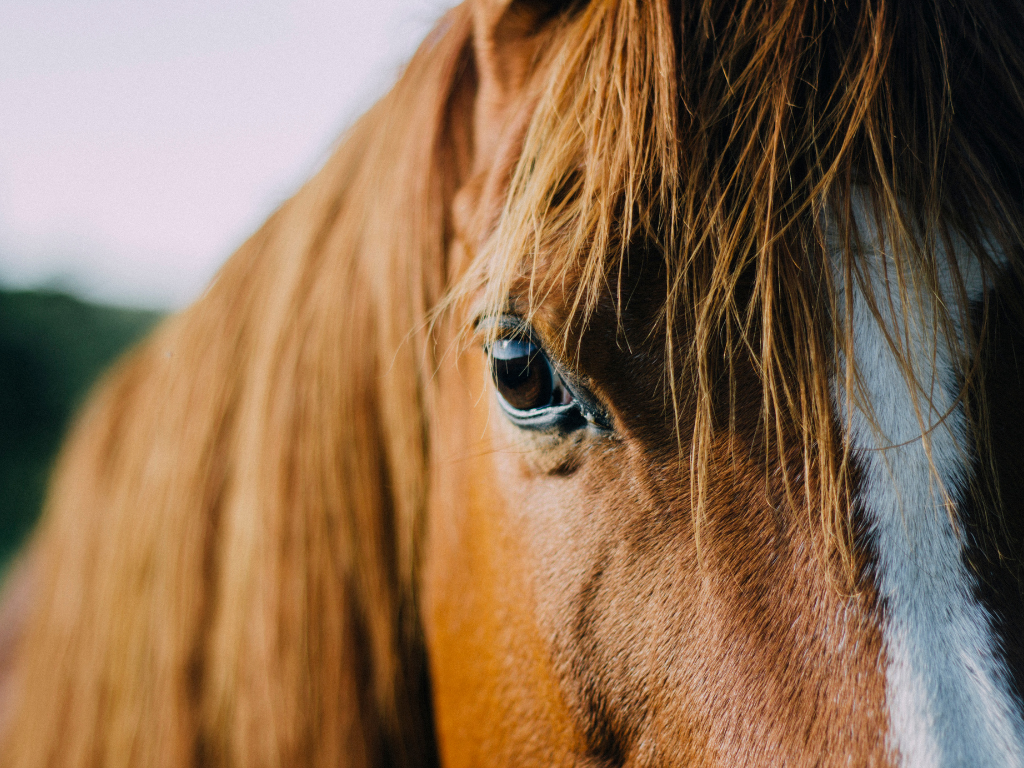
The horse's largest organ is the skin. It is something that requires care and well-being from the inside to be optimal on the outside. Horses that lack nutrients, for example in the form of vitamins and minerals, will often show it in the form of irritated skin. There can be many reasons why horses have an irritated skin. It can come from "wrong" feeding, allergies, something they do not tolerate in the field and much more.
Maja Mandrup Jacobsen, who is a consultant and agricultural technologist at St. Hippolyt Nordic A/S, gives you a good advice on how to help your horses get the best conditions for healthy skin.
You may also like to read: Do´s and Don'ts: Healthy and unhealthy treats
Horses can have a form of infection, be hypersensitive to insects such as mites, which often result in summer eczema. Some suffer from mold, especially during winter, and the heavy horse breeds are often challenged with sallenders and mallenders. It occurs because the horse has an overproduction of keratin, which causes crust-like conditions on the legs. Under the crusts there is often moisture, which may form bacteria and fungus. If left untreated, it can cause infections and a lot of discomfort to the horse.
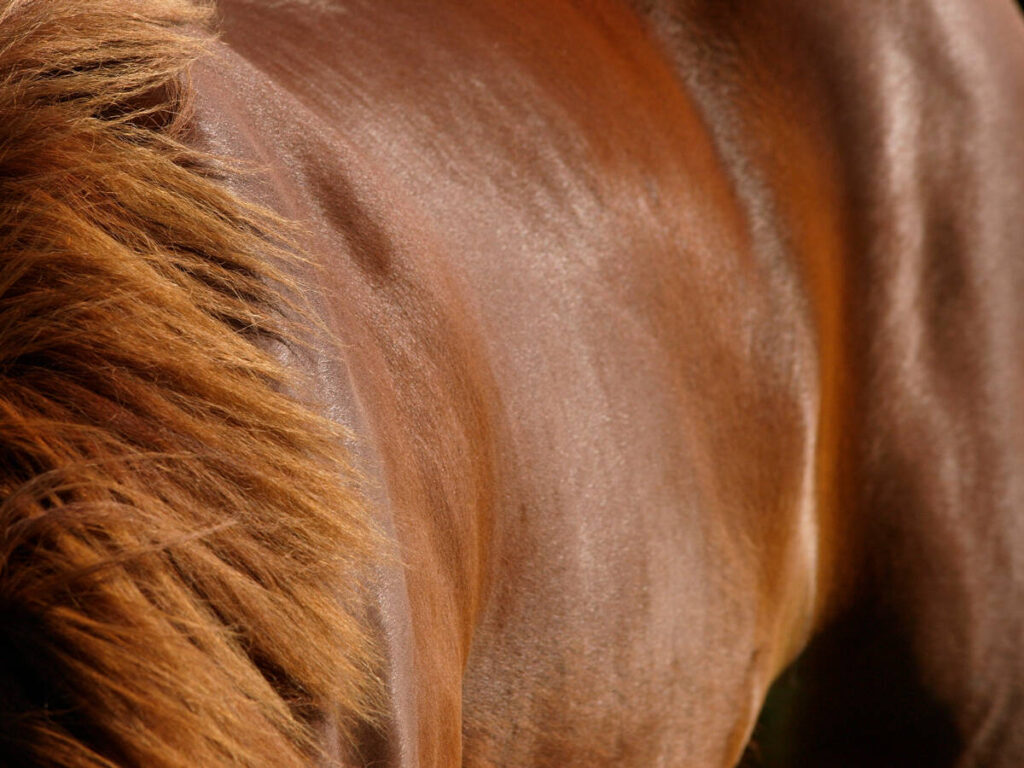
Although the evidence-based information about skin disorders in horses is scarce, experience still suggests that feeding can help prevent possible complications. Regardless, it is important that you consider the horse as a type and its feeding needs in your plans. Is the general feed in accordance with the horse you have, what it provides and the challenges it may have? According to consultant and agricultural technologist Maja Mandrup Jacobsen, it is the balanced feeding plan where all aspects of the feeding are taken into account that makes the big difference.
Horses that work optimally will often show it through their skin and fur. In other words, the coat will shine and there will be fewer cases of skin problems. If problems occur with, for example, muk, it is often because the feeding is not sufficient or that the horse does not absorb it well enough. Therefore, the intestinal function of these horses must also be looked.
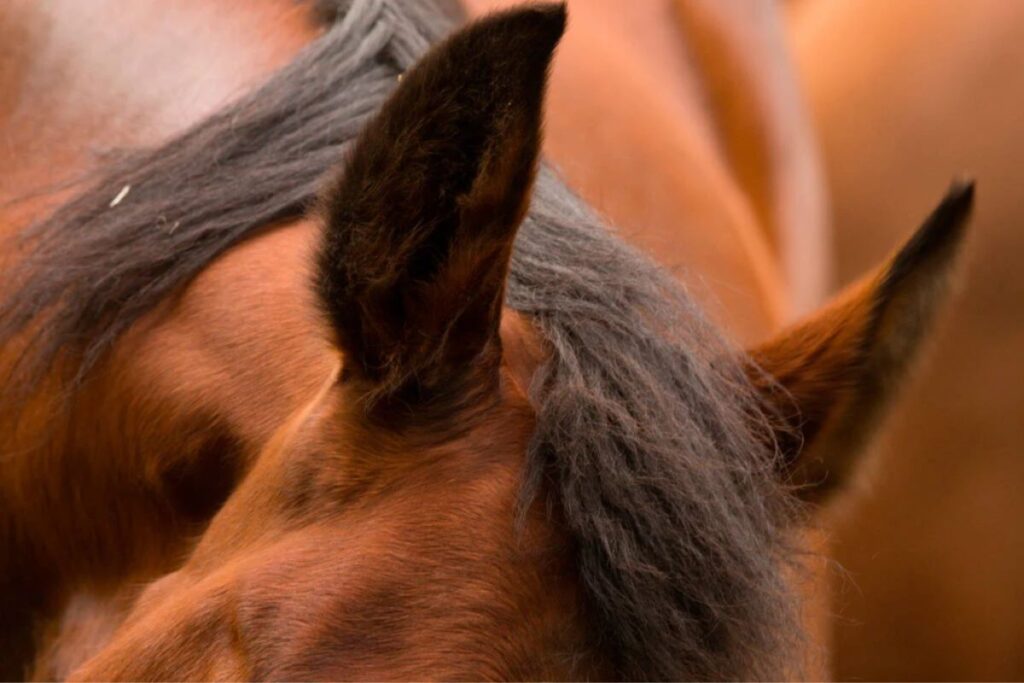
In some cases, you can have horses that have an increased need for consumption of certain minerals. Here, zinc is one of them. It is very important that the horse is covered in relation to zinc to achieve a good skin. Zinc is involved in more than 200 different biochemical processes in the horse and is therefore an important mineral in many places in the organism. At the same time, it is also very important if the horse is to achieve optimal insulin metabolism, as zinc is involved in the production of insulin.
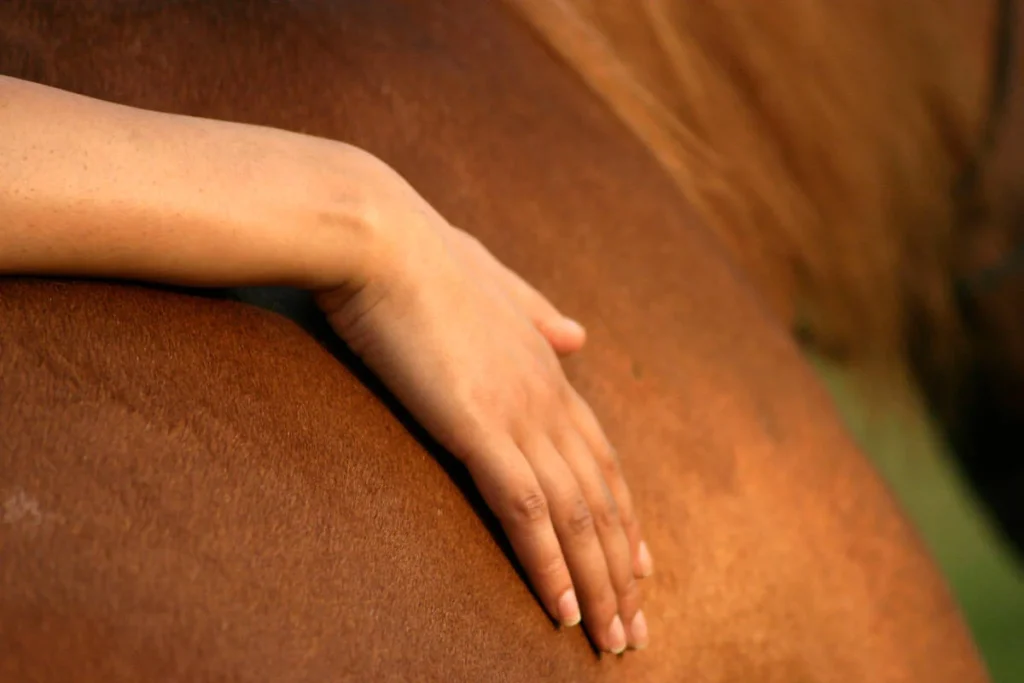
Therefore, it also often makes sense to give these horses less sugar and starch so that no more insulin is produced than necessary. Typically, it is also the slightly heavy breeds that are hit hard - they often are very frugal and have an unbalanced insulin metabolism.
You may also like to read: Equine pain face: How to spot if your horse is in pain
In addition to having control of the minerals and their uptake, a good intestinal flora is also crucial for the healthy skin and fur of the horse. The intestinal flora ensures the correct uptake of the minerals from the feed, and 70% of the immune system is attached to it. You should also pay attention to giving the horse omega 3 fatty acids. It acts anti-inflammatory and provides a good skin because it ensures that the cell walls work optimally.
Some people also experience that the horses improve when they are fed without the alfalfa. Some have theories that the cause lies in the protein content. However, the reason is more that the alfalfa contains some nitrogen compounds that are not bound to protein. Thus, they are useless for the horse and must be excreted via the liver. However, the horses' liver is often overworked due to waste products. In this way, the liver finds it difficult to handle the useless nitrogen compounds, and they are therefore excreted through the skin, which then aggravates a possible skin problem.
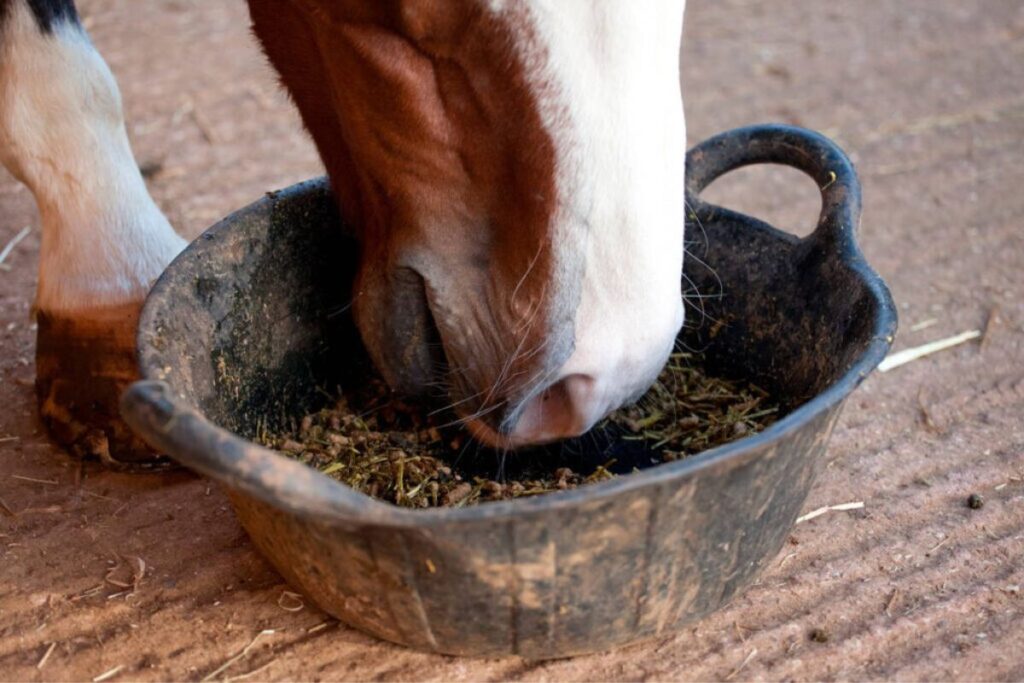
Maja Mandrup Jacobsen, consultant and agricultural technologist at St. Hippolyt Nordic.